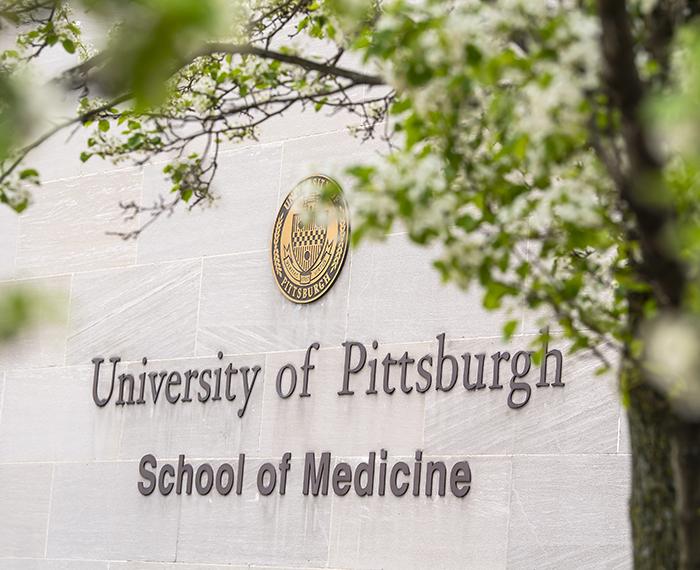
Subscribe to Pittwire Today
Get the most interesting and important stories from the University of Pittsburgh.Susan Shea is a collaborator on a red blood cell research project

Imagine if red blood cells could become a drug-delivery system. In addition to the oxygen and carbon dioxide that the cells regularly transport across the body’s organs and tissues, researchers at the University of Pittsburgh and Carnegie Mellon University will use a $5.4 million grant from the Defense Advanced Research Projects Agency (DARPA) to develop techniques and technologies for inserting drug molecules into red blood cells.
Susan Shea, an assistant professor of surgery and bioengineering who is also a part of Pitt’s Trauma and Transfusion Medicine Research Center, will work with Carnegie Mellon scientists in engineering and robotics on the 21-month research through DARPA’s Red Blood Cell Factory program. That program aims to determine if it is possible to create a medical-device system to deliver biologically active components, such as proteins and peptides, via red blood cells.
Shea will lead the blood testing and blood sourcing parts of the joint project, working with Carnegie Mellon’s Derin Sevenler and others to study any potential effects of loaded red blood cells on normal blood-clotting function.
“To support the breakthrough technology at the heart of the program, our integral contribution will confirm red blood cells loaded with drug molecules remain safe and effective,” Shea said. “This essential component will help bridge the gap to real-world use by validating the performance of loaded red blood cells.”
Shea and her team also will provide insight into blood handling and storage as well as collect blood for loading and testing.

